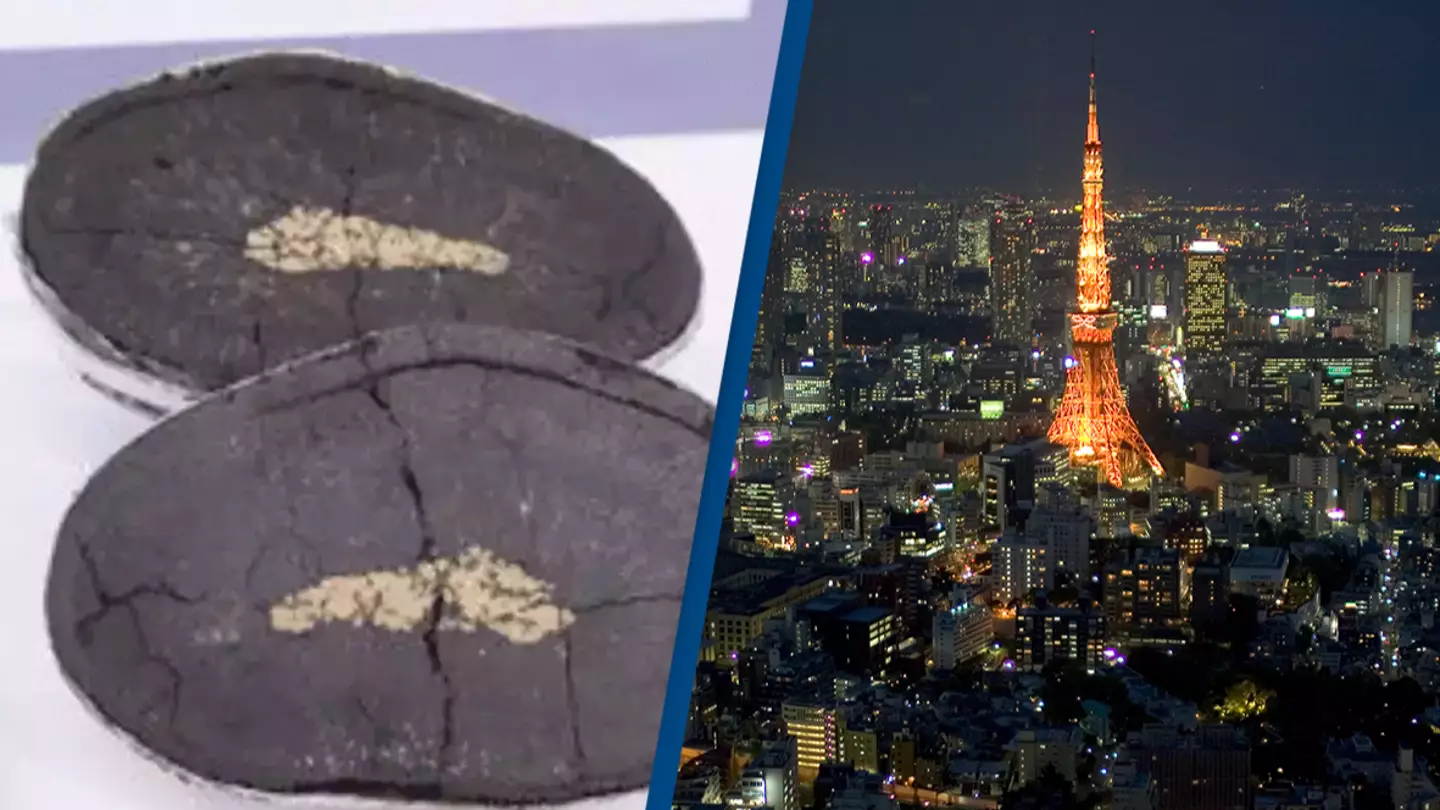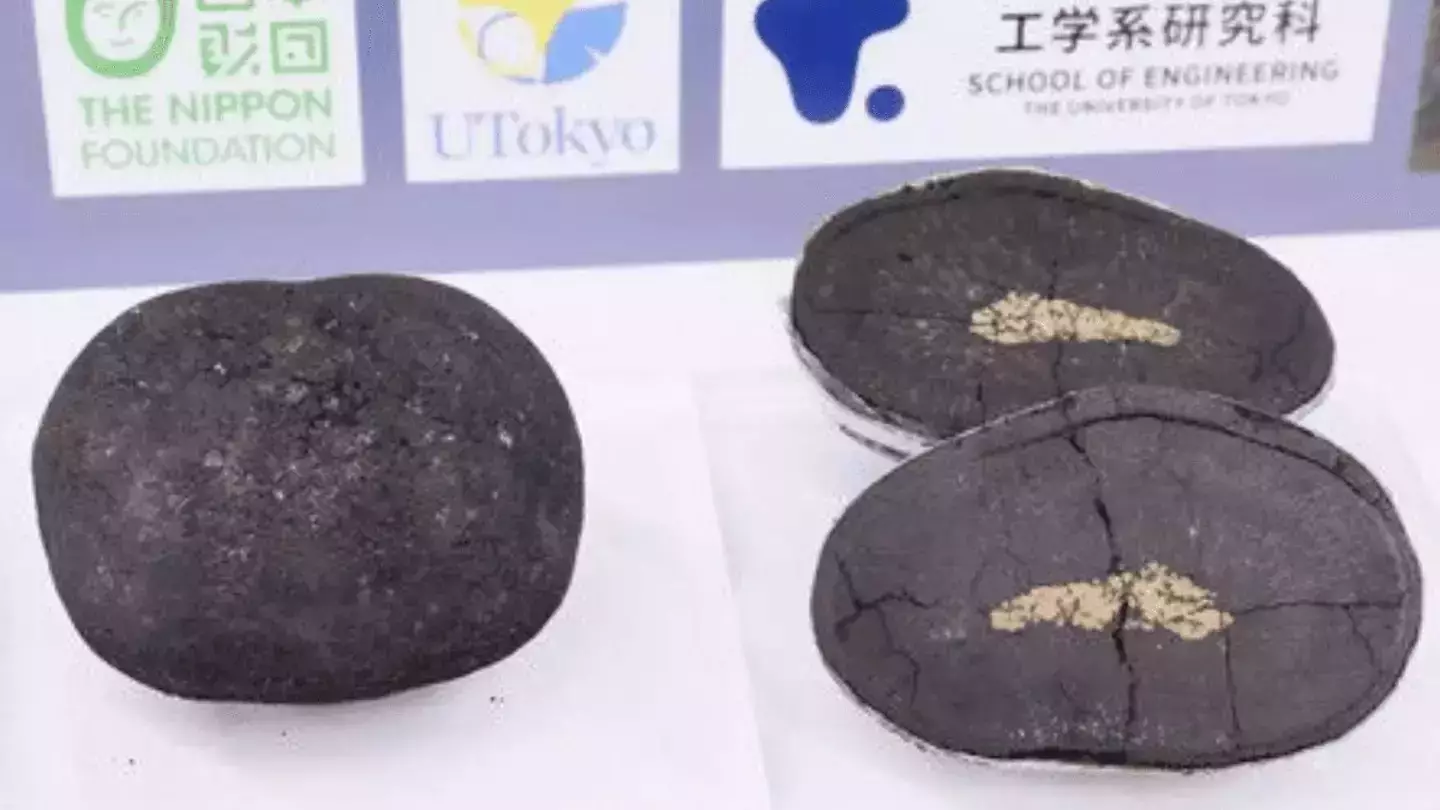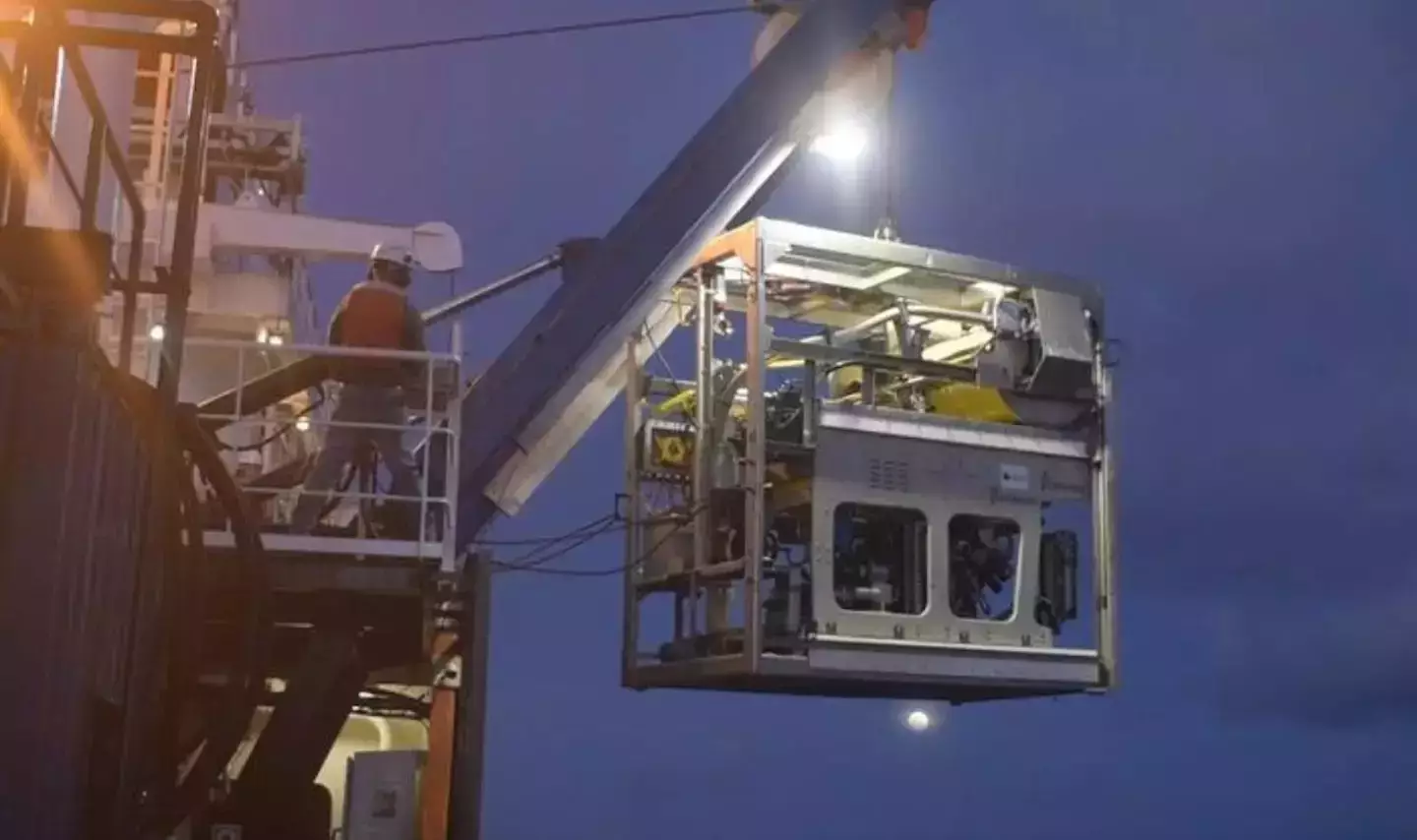
Scientists in Japan discovered $26,290,780,000 worth of Earth minerals which will keep its economy going for at least the next decade.
A survey by The Nippon Foundation and the University of Tokyo found a field of dense manganese nodules on the seabed of Minami-Tori-shima island - some 1,200 miles from Japan's bustling capital.
The nodules, 5,700 meters below sea level, contained millions of metric tons of cobalt and nickel.
They were thought to have formed over millions of years as metals transported in the ocean attached themselves to fish bones and stuck to the seabed, according to Nikkei Asia.
Advert
Cobalt and nickel are two of the crucial components needed to create electric vehicle (EV) batteries and are also used to make jet engines, gas turbines and in chemical processing.

The survey found around 610,000 metric tons of cobalt and 740,000 metric tons of nickel, which equates to a staggering amount of money.
At the time of writing, one metric ton of cobalt is worth $24,300 while nickel is worth $15,497, according to market figures from Trading Economics.
Doing some simple maths, it means the 610,000 metric tons of cobalt found was worth $14,823,000,000 while the 740,000 tones of nickel comes in at $11,467,780,000.
That gives us an eye-watering total of $26,290,780,000.
Of course, like any commodity, the markets can fluctuate meaning at times the minerals could be worth even more - or less.
Prices can also change based on demand pressures from the EV and energy storage industries.

But between April and May this year, some 230 million tons of the rare minerals were discovered after a team surveyed 100 seabed sites using remotely operated underwater vehicles.
Moreover, the deposits are thought to contain copper - another valuable element.
Interestingly, these manganese nodules were initially discovered in a 2016 survey and experts claimed that multiple had formed around teeth belonging to prehistoric shark, the Megalodon.
Following the most recent survey, Yasuhiro Kato, a professor specializing in resource geology at the University of Tokyo, said that excavators now plan to lift ‘three million tons annually’ from the deposits.

He claimed that this procedure would allow development to continue while ‘minimizing the impact on the marine environment’.
The team will therefore utilise overseas mining vessels to lift several thousand tons of nodules daily from 2025.
By utilising the cobalt and nickel from the ocean, the country will be able to decrease its dependency on other countries and satiate the internal demand for EV batteries, according to Interesting Engineering.
“Ultimately, we expect that our research outcomes will help boost Japan’s growth by establishing a domestic supply chain stretching from ‘resource-mining’ to ‘manufacturing’, and make Japan a science-technology, and ocean-oriented nation in a true sense of word,” read a press release from the University of Tokyo.
Topics: Science, Technology, World News, Japan